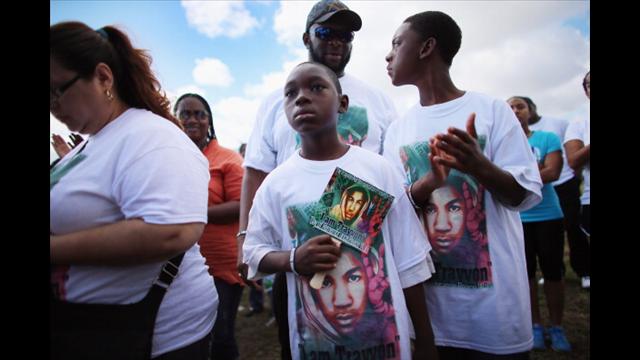I came across a nice article in Salon yesterday on how good writing pushes against the mentality that led to the Trayvon Martin tragedy. Because people resorted to what author Karen E. Bender calls “vague identity adjectives,” Trayvon was profiled and killed and reductive racial politics dominated much that came after.
Great literature, Bender says, pushes against such stereotyping. To make her point, Bender cites passages from Philip Roth’s Goodbye, Columbus, Sue Orlean’s The Orchard Thief, James Alan MacPherson’s essay “Why I Like Country Music,” Alice Walker’s short story “Everyday Use,” and the novel I discussed yesterday, Ralph Ellison’s Invisible Man.
Here’s Bender:
One of the great privileges of being a writer is the opportunity to see the world as specific—to embrace the complex universe that is each character. To just call a character “the black guy” or “the Jewish guy” is problematic because it really tells us nothing about the person. The vague description depends on a reader’s assumptions of what these words mean. I believe much biased thought actually evolves from this imprecision, because it is about the mental ease of a label. It is easier to try to label a person or group than to wrap your mind around the dizzying variation that resides in each human. But as writers, that is our duty.
Check out the article to read her examples and learn how she teaches her creative writing students. Here’s what she has to say about Goodbye, Columbus:
This is what I call the morality of specific language — finding the details unique to this character that can make him or her alive and surprising to the reader. For example, the great first line in Philip Roth’s Goodbye, Columbus — “The first time I saw Brenda she asked me to hold her glasses.” This action reveals the entire dynamic between Neil and Brenda — that he, a “Jewish guy” from working-class Newark, is supposed to hold the glasses for Brenda, the wealthier “Jewish girl” from Short Hills, in their very first interaction.
Bender’s conclusion is a good argument about why literature is essential to developing good citizens:
In real life, on the news, in conversation, it is painful to hear individuals reduced to vague identifying adjectives, for it reveals thinking that is unclear and ultimately menacing to another person. To use specific language, to really think about our characters, is not just good writing, but a moral duty. With the right descriptions, with the details that wake up the reader, writers can, perhaps, help them see past labels, and let go of their assumptions. We can, in our way, shine a light into the wide variety of people who walk the streets beside us. If this light can reveal all of a person’s strange, glorious uniqueness, perhaps we, as readers, as people, may be able to actually see each other. Not as “the black guy” but as a person. Trayvon.
Literature can’t perform miracles. But it can help develop habits of mind that acknowledge the complexity that is other people.


